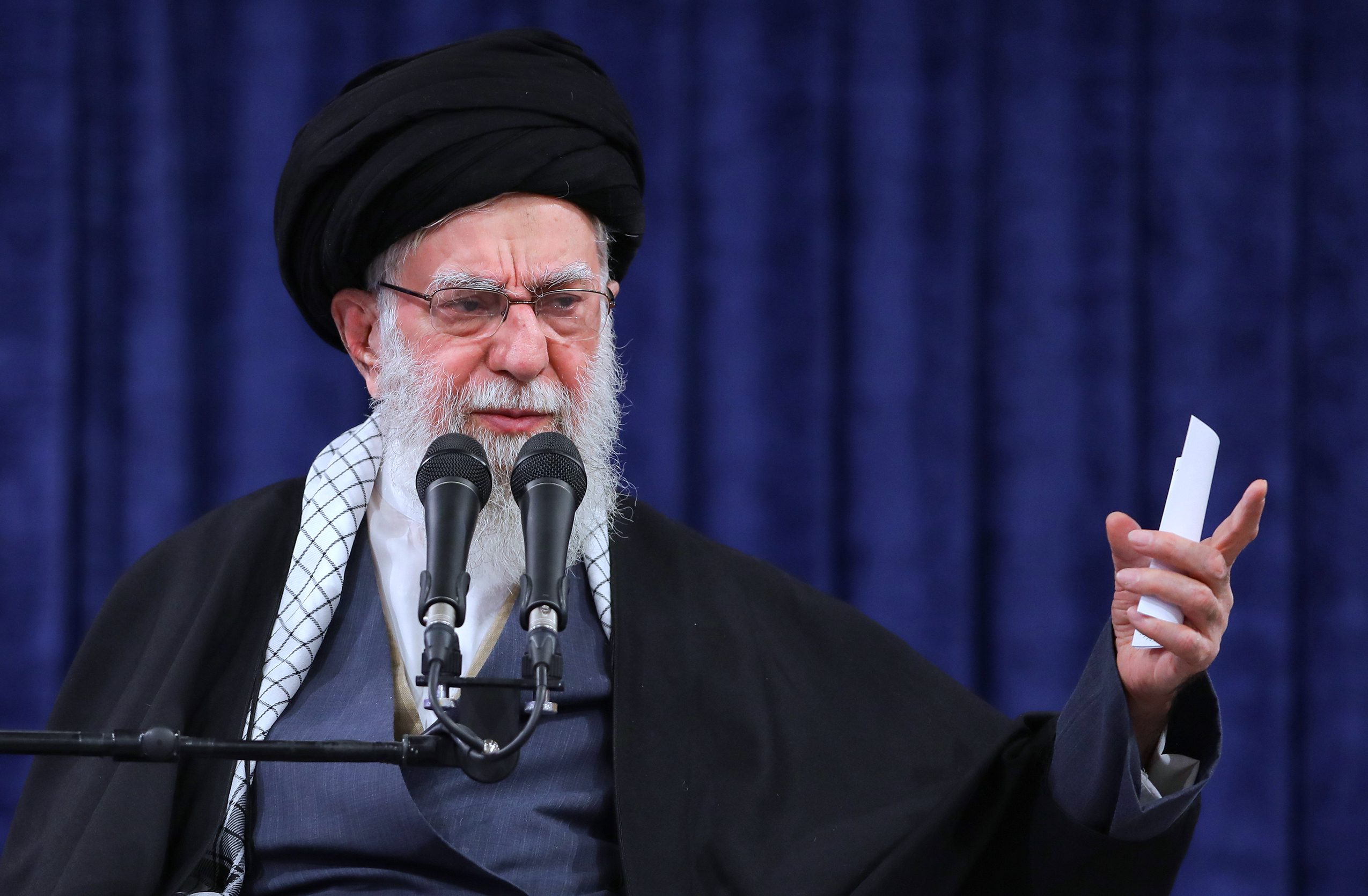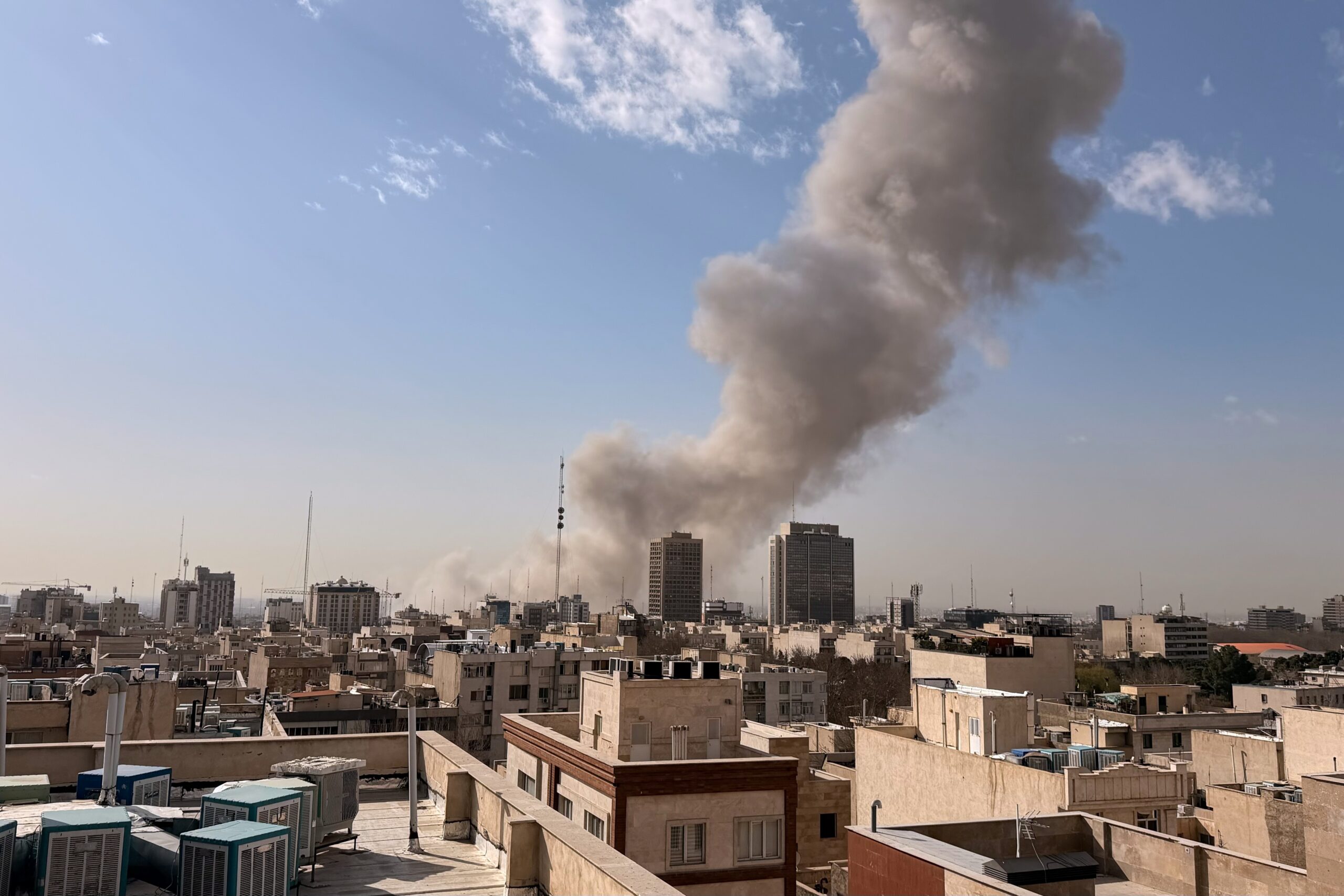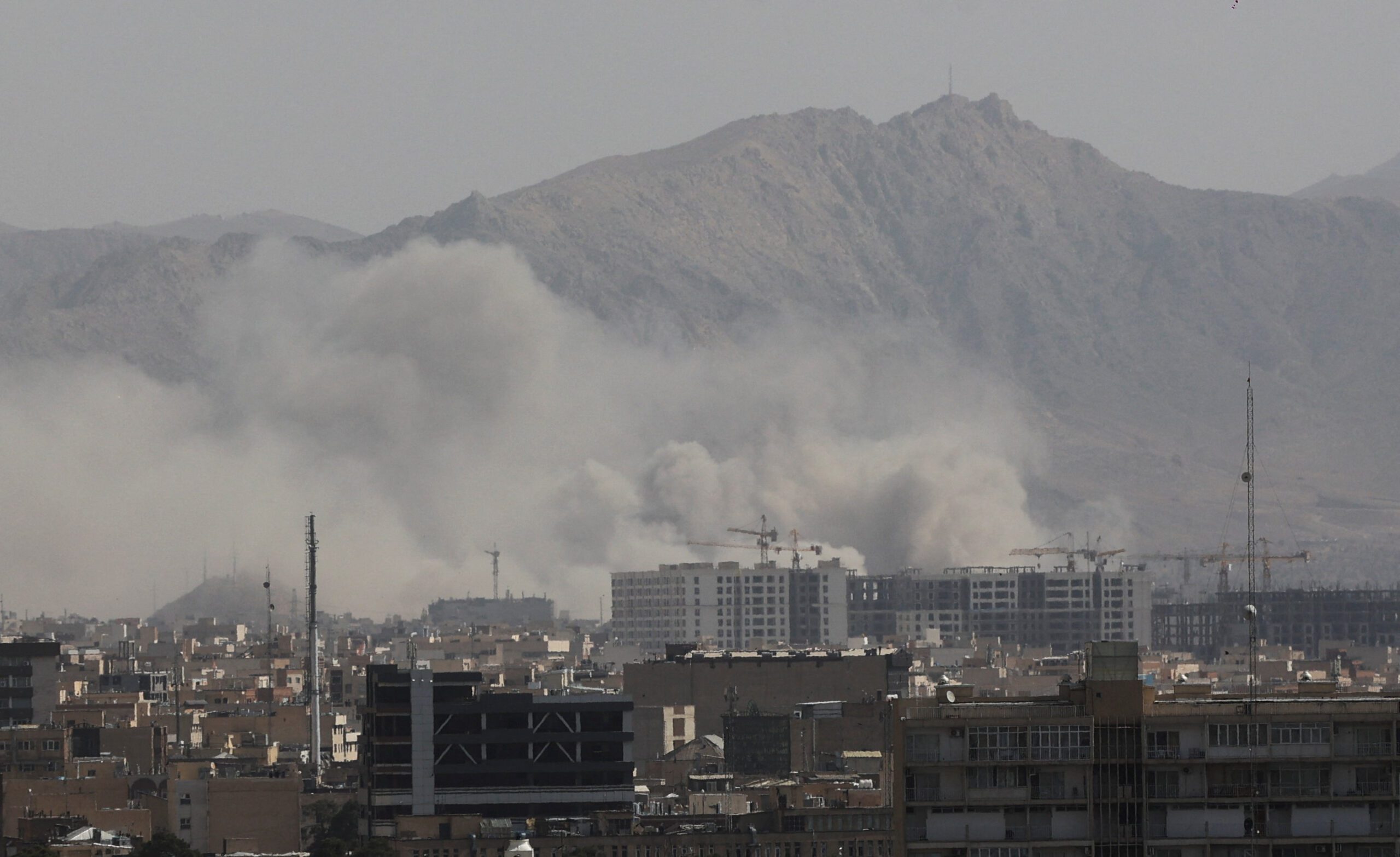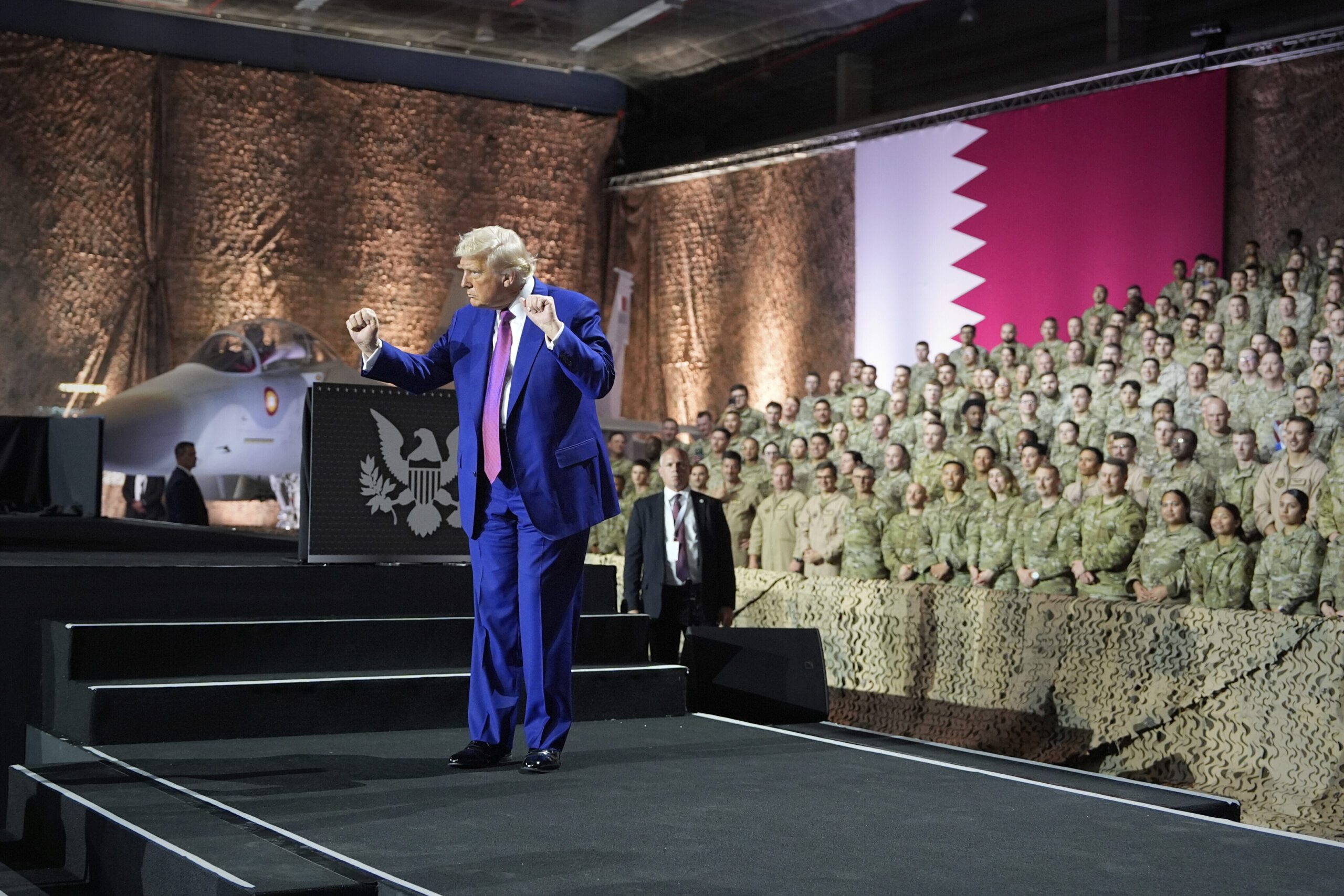The Khashoggi Case in Biden’s Strategy and U.S. Policy Direction
The Biden administration preserves space for statecraft, yet honors Khashoggi’s memory by punishing activity against Saudi dissidents abroad.

The U.S. Office of the Director of National Intelligence has released an intelligence report on the assassination of Jamal Khashoggi, the Washington Post columnist and reluctant Saudi opposition figure brutally murdered in the Saudi Consulate in Istanbul in October 2018. An unclassified summary of findings across the intelligence community, the report acknowledged the culpability of Saudi Crown Prince Mohammed bin Salman in approving the operation to capture or kill Khashoggi.
Like everything surrounding this case, the much-anticipated release of the report generated plenty of ink: from a human rights’ and Saudi opposition community keen to end the impunity abetted by the administration of former President Donald J. Trump to foreign policy analysts contemplating the fallout for U.S.-Saudi relations. Yet to understand both the motivation behind the release by the administration of President Joseph R. Biden Jr. and its potential impact on policy, it is necessary first to understand the multiple registers on which this murder resonated: in foreign policy, in partisan politics, and with the American public.
Trump’s Foreign Policy
The Khashoggi murder came within the context of a young prince singularly averse to any public criticism and testing his power and its limits both at home and abroad. Those limits seemed to expand in the hands of a Trump administration that placed Saudi Arabia and its leadership at the center of its Middle East policy. The Trump administration’s objectives in the region – pressuring Iran and facilitating Israel’s rapprochement with Arab states – were pursued through close relations with Gulf Arab states. And those relations, in turn, were managed through personal – even familial – ties: The communication with Mohammed bin Salman was managed personally by Trump’s son-in-law and advisor Jared Kushner.
To advance this strategy, the Trump administration played hardball with Congress, vetoing bipartisan legislation to halt U.S. support for the Saudi-led intervention in the war in Yemen and overriding congressional opposition to arms sales by citing a national security emergency. Coming in the wake of the Khashoggi killing, these actions earned bipartisan rebuke, especially as the latter infringed upon the legislative power of the purse. But anger was especially prevalent in the Democratic caucus. The partisan nature of the opposition was invited by the very personal nature of Trump’s relationship with Mohammed bin Salman and the actions taken by Trump to protect the crown prince even in the face of the enormous outrage generated by Khashoggi’s murder.
The degree to which the Khashoggi affair resonated with the American public must be considered to fully understand the decision making of the new Biden administration. The events surrounding Khashoggi’s killing received enormous media coverage, in part because of his connection to media as an opinion writer for The Washington Post but also due to the grisly nature of the crime. That the murder occurred in a consulate – an official site and place of refuge – added to its unprecedented nature. It is impossible to separate the outrage this generated from the broader unease felt by many Americans as the Trump administration pursued a policy agenda disrupting ties with European allies and challenging long-standing political norms at home and abroad. For this reason, the Biden administration faces an American public, and especially a Democratic caucus, expecting a tangible change in policy toward Saudi Arabia.
Biden’s Foreign Policy
The Biden administration’s actions toward Saudi Arabia, in the wake of the release of this intelligence assessment, will be watched closely. There will be expectations for consistency with a broader foreign policy agenda that has placed a high priority on rebuilding ties with democratic allies and strengthening global commitments to human rights and the rule of law.
Seen in line with this policy direction, the decision to release the intelligence report, required by a law mandated by Congress and pursued under a freedom of information act, is thus a necessary corrective. The public presidential embrace of Mohammed bin Salman has ended, and formal communications are being redirected through appropriate counterparts: Biden made his first phone call to King Salman bin Abdulaziz, while the initial communication with the crown prince, who is also the kingdom’s minister of defense, came through his counterpart, Secretary of Defense Lloyd J. Austin III.
Biden’s Middle East foreign policy also aligns with this “recalibration” of ties to Saudi Arabia. Biden’s strategy in the Gulf entails a reversal of the Trump administration’s “maximum pressure” campaign against Iran, which extended as well into Yemen policy. It is exploring the return to the Joint Comprehensive Plan of Action nuclear deal with Iran, albeit with adjustments and new expectations to incorporate regional considerations. Support for Saudi Arabia’s intervention in Yemen has ended and a new envoy, experienced diplomat Tim Lenderking, has been appointed to invigorate efforts to advance a resolution to the Yemen conflict.
The Mohammed bin Salman Puzzle
The Biden foreign policy team is comprised of seasoned experts who are not so naïve as to think that they can achieve their goals in the Middle East without dealing with a Saudi state that still anchors, though in a less totalizing way, both oil and security in the Gulf. For this reason, they have ruled out the sanctioning of Mohammed bin Salman, preserving space to deal with the Saudi state and its top leadership. Still, the larger puzzle remains of how to deal with the crown prince – who has consolidated power within the ruling family and state institutions and is nearly certain to succeed his father.
The adoption by the State Department of a new “Khashoggi Ban,” a policy restricting visas for 76 Saudi individuals involved in extraterritorial counterdissident activity, is a response to what the department described as efforts by the Saudi state to “harass, surveil, threaten, or harm journalists, activists,” or other dissidents overseas. If consistently and creatively applied, the new measures might be used to counter the harassment and surveillance of activists and offer a degree of deterrence. It is noteworthy, though, how this policy focuses on actions taken against dissidents abroad, offering no measures aimed at deterring domestic suppression of political activity.
This balance of real politique with a norm-laden stance protecting dissidents is likely to be received with a good degree of skepticism and even cynicism. But it stands as an acknowledgement that the United States is pursuing such policies not with the bravado of past days but with renewed skepticism in its ability to reshape other countries and a new vulnerability regarding the state of its own domestic politics and democratic practice. Promoting these values abroad is now connected to its political defense at home, adding to its urgency.
There could be unexpected results from the release of the intelligence report. It may open up the possibility of revisiting the culpability and punishment of the Saudis sanctioned by the U.S. Department of the Treasury, which includes senior advisors such as Saud al-Qahtani and the recently added Ahmed al-Asiri, the former deputy head of the Saudi intelligence services. Neither Qahtani nor Asiri were tried in Saudi Arabia. There is the possibility that the sanctioning of individuals involved in counterdissident activity abroad will expose Saudi institutions that employ these individuals to legal jeopardy or at least reputational risk.
The report will also add heft to public campaigns to shun investment in the kingdom and momentum to the nascent opposition to the crown prince’s rule, which is becoming more formalized in rights groups abroad. The conflation of the Public Investment Fund with Mohammed bin Salman’s governance, and his complicity in the Khashoggi affair, increases this risk.
While far from crippling for Mohammed bin Salman’s rule, these measures will weigh upon the key agenda of the crown prince: transforming the economy and Saudi society through deeper international investment and engagement. Indeed, the murder – ironically carried out in a misguided attempt to monopolize the presentation abroad of this new Saudi Arabia and to silence critics – already has.
The views represented herein are the author's or speaker's own and do not necessarily reflect the views of AGSI, its staff, or its board of directors.





























